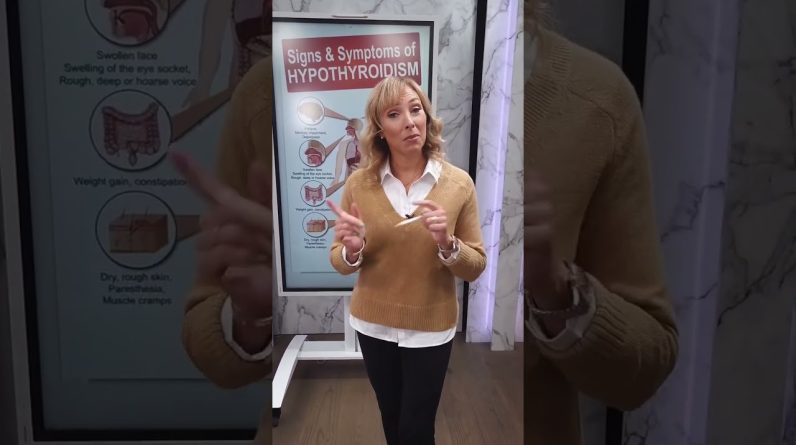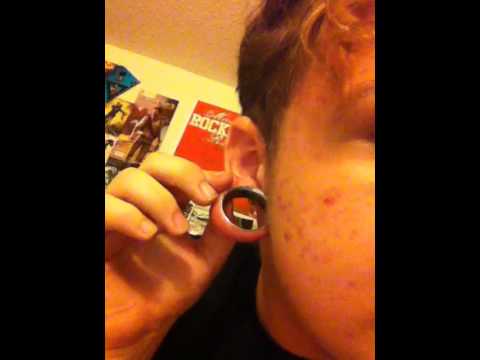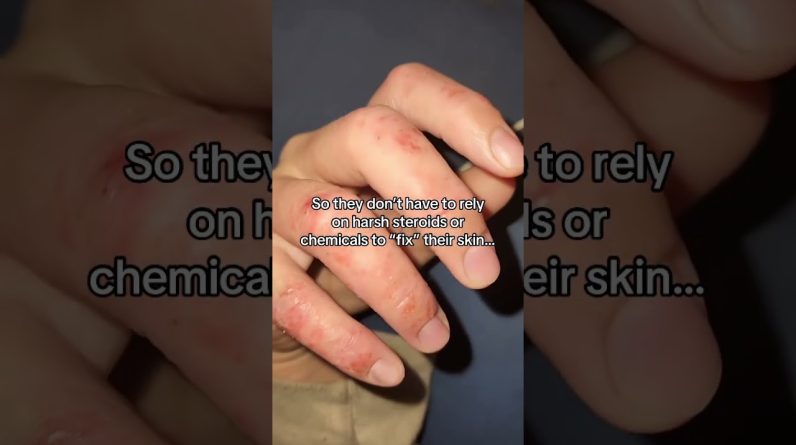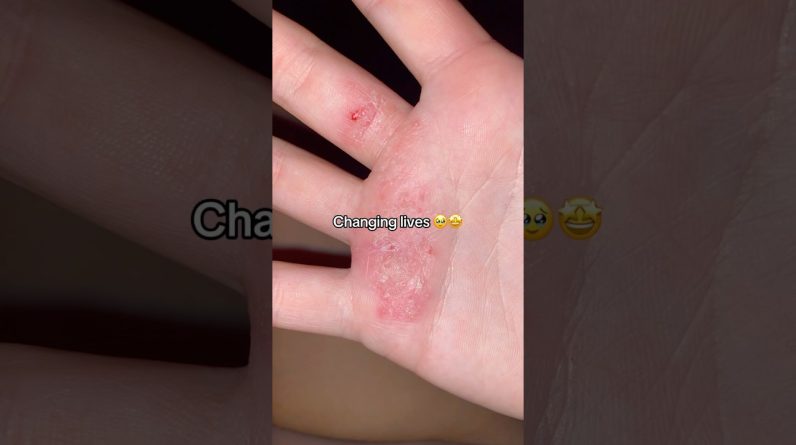Vitamins are nutrients necessary to ensure the optimal functioning of the human body. And sometimes, people don`t get enough amounts of all the required vitamins, hence, the concept of nutrient deficiency. Vitamin deficiency can cause a range of symptoms such as changes to the hair, weakening of the bones, and cracking of the corners of the mouth, to cite a few. Just keep watching this video to learn more about the telltale signs that you`re vitamin deficient.
—————————————————————————————-
💡Other videos you’ll love!
🎥Watch: 1 Month Before a Heart Attack, Your Body Will Give These Signs
—————————————————————————————-
In a nutshell:
The problem is the body cannot self-produce vitamin C.
If you are fond of fresh fruits and vegetables, then you have a lower risk of being vitamin C deficient.
Low blood levels of vitamin B3 (niacin), vitamin B2 (riboflavin), and vitamin B6 (pyridoxine) may each contribute to these two skin conditions.
Include more foods rich in those B vitamins including meat, poultry, fish, eggs, whole grains, dairy, legumes, green and starchy vegetables, nuts, and seeds.
Adding these vitamins to your diet can help reduce symptoms.
Vision problems can sometimes be associated with a diet poor in nutrients.
This is simply because vitamin A is a vital component for producing rhodopsin, a pigment in the retinas that help a person see at night.
If you think your vitamin A intake is lacking, eat more vitamin-A-rich foods like milk, mangoes, eggs, black-eyed peas, apricots, and sweet potatoes.
Those are other signs of vitamin deficiency, B vitamins, to be exact.
The lesions in and around the mouth can be associated with an insufficient intake of certain vitamins or minerals.
Canker sores, sometimes referred mouth ulcers, are often due to deficiencies in iron or B vitamins.
One study found that around 28% of patients with mouth ulcers had deficiencies in vitamin B1 (thiamine ), vitamin B2 (riboflavin), and vitamin B6 (pyridoxine).
In addition, angular cheilitis, a condition that causes the corners of the mouth to crack, split, or bleed, can also be caused by a lack of B vitamins, particularly riboflavin.
To boost your intake of such B vitamins, eat lean meats, eggs, milk, and green veggies like broccoli and asparagus.
There are a variety of factors that can lead to brittle hair and nails, and one of them is biotin deficiency.
Vitamin B7 or biotin functions by helping in the conversion of food into energy.
Insufficient intakes of this vitamin are very rare, but when it happens, thinning, brittle, or splitting hair and nails are a few of the most visible indicators.
Eat more foods rich in biotin such as egg yolks, organ meats, fish meat, dairy, whole grains, nuts, seeds, spinach, broccoli, cauliflower, and sweet potatoes.
Nevertheless, having a biotin-rich diet is still the better choice.
If so, then you may be deficient in vitamins B3 and B7.
Hair loss is very common.
But mineral deficiencies aside, vitamin B3 or niacin and vitamin B7 or biotin can also be the defining factors.
Niacin is a vitamin necessary for keeping hair healthy.
Alopecia, a condition that causes the hair to fall out in small patches can be a sign of niacin deficiency.
Similarly, biotin is another B vitamin that, when deficient, can encourage hair loss.
Have niacin-rich foods more often including meat, fish, dairy, whole grains, legumes, nuts, seeds, and leafy greens.
The same foods are also rich in biotin, in addition to egg yolks and organ meat.
Nutrient deficiency can affect both the mind and the body.
The B vitamin folate, also called folic acid, helps the body in producing red blood cells.
—————————————————————————————-
Subscribe to Body Hub!:
#BodyHub #vitamindeficiency #vitamins
—————————————————————————————-
ℹ️ Medical Disclaimer:
—————————————————————————————-
source








